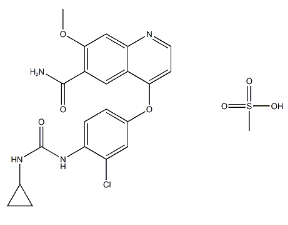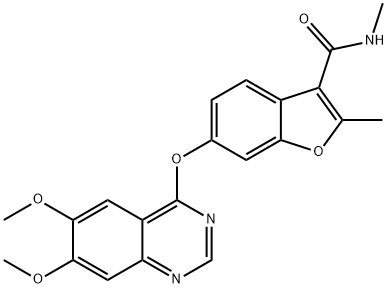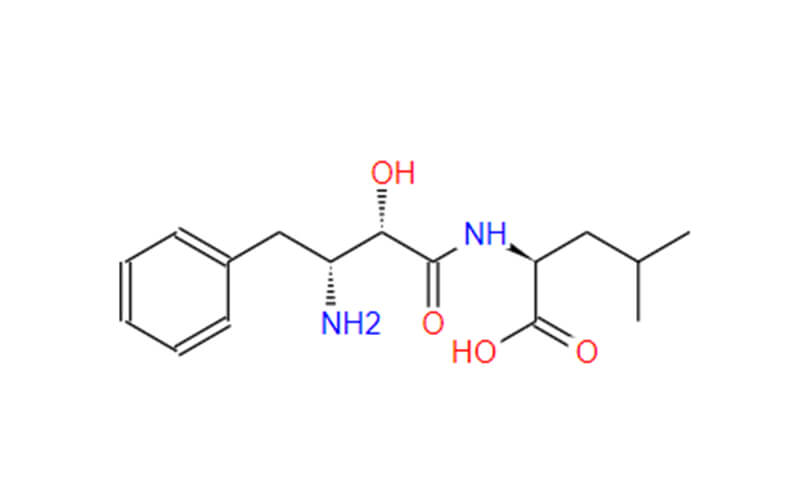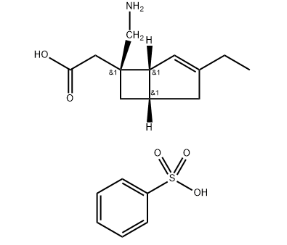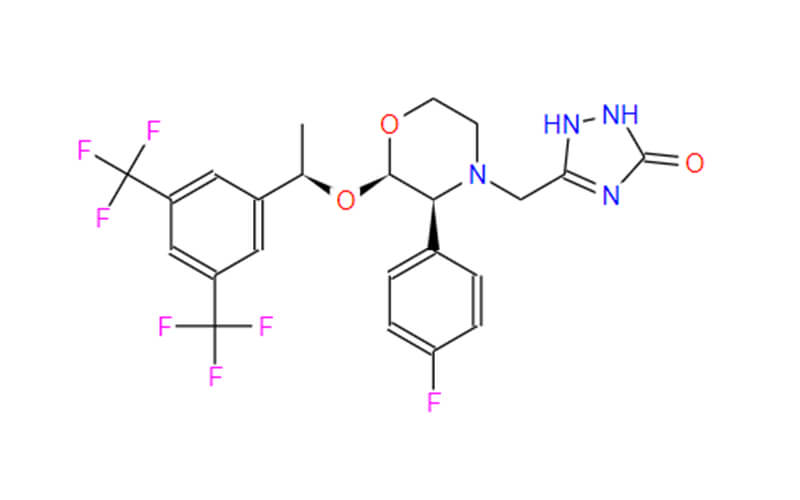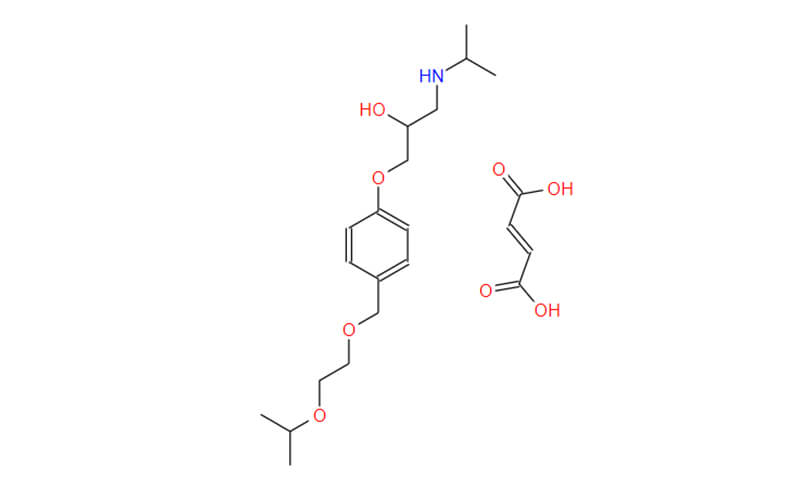The Uses of Rotigotine in Parkinson’s Disease Treatment
Parkinson’s disease, a neurodegenerative disorder affecting millions globally, casts a long shadow on lives. While a cure remains elusive, hope flickers brightly in the form of effective medications like rotigotine. This article delves deep into the inner workings of rotigotine, exploring its role in alleviating Parkinson’s symptoms and improving quality of life.
Mechanism of Action of Rotigotine
Rotigotine, a dopamine agonist, plays a crucial role in treating Parkinson’s Disease (PD) by directly influencing the brain’s dopamine receptors. To understand its mechanism of action, it’s essential to delve into the intricacies of dopamine and its role in the pathophysiology of Parkinson’s Disease.
1. Dopamine Deficiency in Parkinson’s Disease
Parkinson’s Disease is characterized by the progressive degeneration of dopaminergic neurons in the substantia nigra, a region of the brain responsible for producing dopamine. Dopamine serves as a neurotransmitter, facilitating communication between nerve cells and playing a vital role in controlling movement and coordination. The deficiency of dopamine in PD leads to the manifestation of motor symptoms such as tremors, bradykinesia (slowness of movement), and rigidity.
2. Dopamine Agonism
Rotigotine belongs to the class of drugs known as dopamine agonists. Unlike levodopa, another commonly used medication in PD that is converted into dopamine in the brain, dopamine agonists directly stimulate dopamine receptors. Rotigotine primarily targets the D2 and D3 receptors in the brain, mimicking the effects of dopamine.
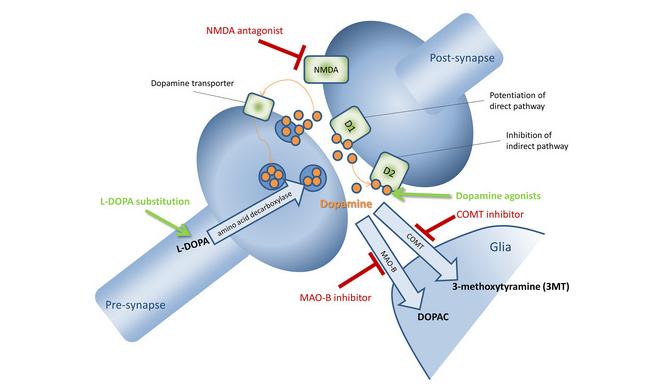
3. Stimulation of Dopamine Receptors
When Rotigotine binds to dopamine receptors, it activates these receptors and induces a response similar to that of endogenous dopamine. By doing so, Rotigotine compensates for the deficient dopamine levels in the brain, effectively addressing the motor symptoms associated with Parkinson’s Disease.
4. Continuous Stimulation
One notable aspect of Rotigotine is its ability to provide continuous stimulation of dopamine receptors. This is particularly important in PD, where maintaining a consistent level of dopamine activity is crucial for managing symptoms. The extended-release formulations of Rotigotine, such as transdermal patches, ensure a steady and sustained delivery of the medication over an extended period, avoiding the fluctuations often observed with other medications.
5. Motor Symptom Improvement
The stimulation of dopamine receptors by Rotigotine results in improved signaling within the neural circuits responsible for motor control. This leads to a reduction in tremors, enhanced mobility, and mitigation of bradykinesia and rigidity. By directly addressing the dopaminergic deficit, Rotigotine contributes significantly to the overall management of motor symptoms in Parkinson’s Disease.
6. Non-Motor Symptom Benefits
Beyond its impact on motor symptoms, Rotigotine has shown promise in addressing non-motor symptoms associated with Parkinson’s Disease. These may include sleep disturbances and restless leg syndrome. The ability of Rotigotine to modulate dopamine receptor activity across various brain regions contributes to its broader therapeutic effects.
In summary, the mechanism of action of Rotigotine in treating Parkinson’s Disease revolves around its role as a dopamine agonist. By directly stimulating dopamine receptors, particularly D2 and D3 receptors, Rotigotine compensates for the deficient dopamine levels in the brains of individuals with PD. This leads to improved motor control and a reduction in the characteristic symptoms of the disease. The continuous and controlled stimulation provided by Rotigotine, especially in its extended-release formulations, adds an additional layer of efficacy in managing both motor and non-motor aspects of Parkinson’s Disease.
Common Forms of Rotigotine Available
Rotigotine, a dopamine agonist used in the treatment of Parkinson’s Disease, is available in various forms to cater to the diverse needs and preferences of patients. These formulations offer different modes of administration, allowing healthcare professionals to tailor treatment plans for individuals with Parkinson’s Disease. The common forms of Rotigotine available include:
1. Rotigotine Transdermal Patches

- Extended-Release Convenience: One of the most common and popular forms of Rotigotine is the transdermal patch. This patch is designed for extended release, providing a continuous and controlled delivery of the medication over a 24-hour period. This ensures a steady therapeutic effect throughout the day and night.
- Ease of Use: The transdermal patch is user-friendly, offering a convenient method of administration. Patients can apply the patch to clean and dry skin, typically on the torso, thigh, or upper arm. The adhesive patch adheres securely, allowing individuals to go about their daily activities without interruption.
2. Rotigotine Oral Formulations
- Tablets and Capsules: Rotigotine is also available in traditional oral formulations, including tablets and capsules. This provides flexibility in dosing and allows healthcare professionals to tailor the medication regimen based on the specific needs of the patient.
- Dosing Flexibility: Oral formulations may be preferable for patients who have difficulty with transdermal patches or those who prefer a more traditional approach to medication. The dosing frequency and amount can be adjusted as needed to optimize the therapeutic effect.
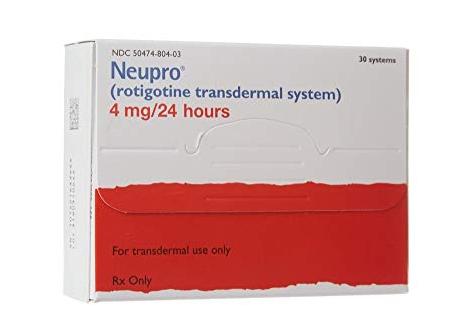
3. Rotigotine Dose Titration
- Individualized Treatment: Regardless of the formulation, dose titration is a crucial aspect of Rotigotine therapy. Healthcare professionals typically start with a low dose and gradually increase it until an optimal therapeutic response is achieved. This individualized approach helps minimize side effects while maximizing the benefits of Rotigotine.
- Monitoring and Adjustments: Regular monitoring of patients is essential to assess their response to the medication. Adjustments to the dose may be made based on the patient’s symptoms, overall health, and any potential side effects.
4. Rotigotine Combination Therapies
- Adjunct to Other Medications: In some cases, Rotigotine may be prescribed in combination with other medications commonly used in Parkinson’s Disease treatment, such as levodopa. The combination therapy aims to address different aspects of the disease and provide a more comprehensive approach to symptom management.
Qingmu Pharmaceutical: A Reliable Rotigotine Factory in China
Qingmu Pharmaceutical is a prominent Chinese pharmaceutical company specializing in the production of high-quality rotigotine API, a medication used to treat Parkinson’s disease and restless legs syndrome.

Here’s why Qingmu stands out as a reliable rotigotine supplier:
- Stringent Quality Control: Qingmu adheres to the cGMP (Current Good Manufacturing Practice) guidelines, ensuring the highest standards of quality and safety throughout the manufacturing process. Their facilities are regularly inspected and approved by international regulatory bodies.
- Advanced Technology: Qingmu utilizes cutting-edge technology and equipment to produce rotigotine. This ensures consistent potency, purity, and efficacy in their medication.
- Extensive Experience: Qingmu has been in the pharmaceutical industry for over 20 years, with a proven track record of producing high-quality medications. They have the expertise and experience to meet the needs of their clients.
- Competitive Pricing: Qingmu offers competitive pricing on its rotigotine products, making them an attractive option for pharmaceutical companies and healthcare providers.
- Global Reach: Qingmu exports its rotigotine products to over 50 countries worldwide, demonstrating its commitment to providing patients with access to this essential medication.
If you’re looking for a reliable and reputable supplier of rotigotine, Qingmu Pharmaceutical is a great option. With their commitment to quality, experience, and competitive pricing, Qingmu is a trusted partner in the fight against Parkinson’s disease and restless legs syndrome.

